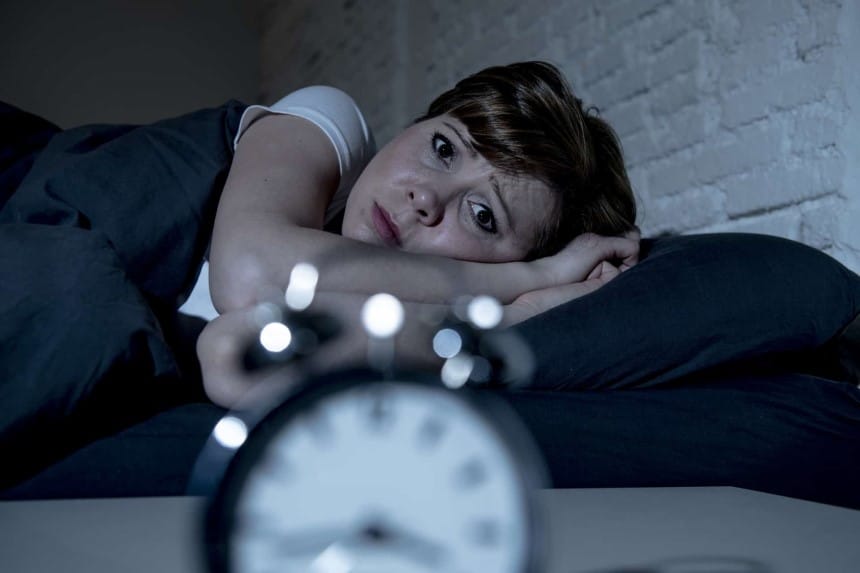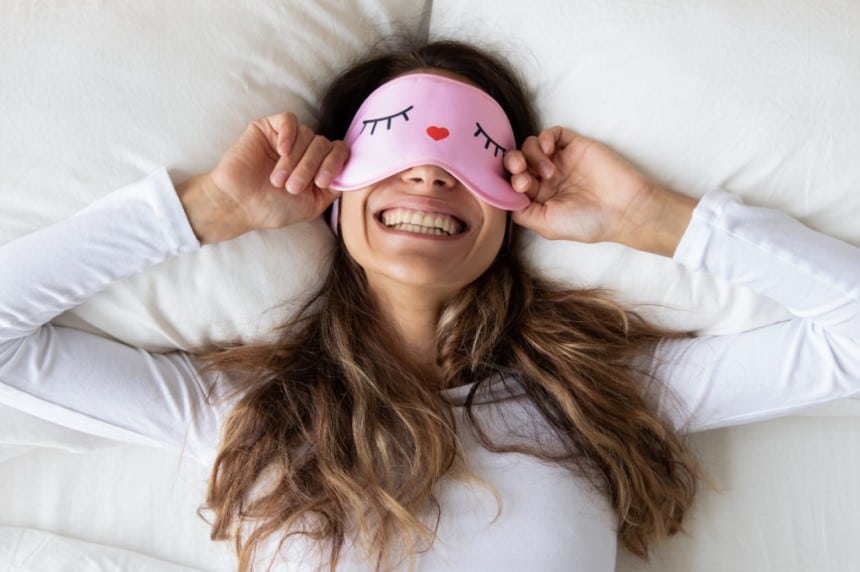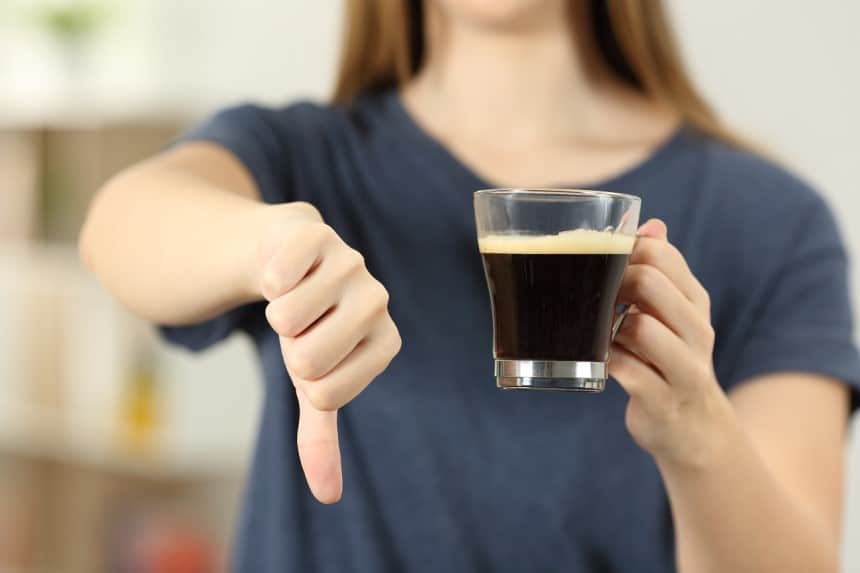

Falling asleep causes a number of different changes in your body. Your heartbeat slows down, your muscles start relaxing, and your breathing is different. This transition to sleep is commonly referred to as the hypnagogic period.
During this period, your body could experience twitching and sometimes muscle contractions. These muscle twitches are commonly referred to as myoclonus, and anyone can suffer from them. Our article highlights the causes as well as the simple life changes you can make to decrease hypnic jerks.
Hypnic jerks aren’t specific to one side or part of the body. It’s possible to experience a few muscle contractions or simply one at a time.
To many people, hypnic jerks are accompanied by sweating or irregular breathing. This is often accompanied by a tingling pain or a sensation of flashing lights or banging sounds. Some people have also reported experiencing hallucinations.
Experts are still not entirely sure of the exact reasons why people experience hypnic jerks. One of the working theories is that nerves send incorrect signals to your legs or arms as you fall asleep.
Another common medical theory is that the brain incorrectly misinterprets muscle relaxing as falling and, in turn, causes the muscles to twitch.
There are, however, a few common triggers that could increase the chances of experiencing hypnic jerks.
There’s a good reason why doctors and other health experts recommend you cut down on any caffeine or smoking in the hours before bedtime. Caffeine is well known to cause anxiety as well as increase insomnia episodes. When either caffeine or nicotine are regularly consumed in large quantities, the risk of hypnic jerks is increased.
Evening exercise too close to bedtime has been known to trigger hypnic jerks. This is especially the case for people who have a rigorous exercise regime that doesn’t allow for adequate downtime between exercise and sleep.

Irregular sleep patterns or severe cases of insomnia can cause you to experience hypnic jerks more frequently and more severely.
People experience stress or anxiety for different reasons. Depending on the severity of the anxiety, this can contribute to sleep deprivation. It becomes a vicious circle when the hypnic jerks are the reason for the anxiety.
For the most part, hypnic jerks are harmless unless a twitch causes you to accidentally injure yourself. While there’s generally no physical harm from hypnic jerks, they can have an emotional effect.
Frequently experiencing hypnic jerks and not knowing what they are or what causes them can lead to anxiety about going to sleep. This, in turn, contributes to an anxiety disorder. Struggling with anxiety at bedtime also leads to sleep deprivation, which in itself can be harmful.
Hypnic jerks themselves won’t really need to be treated. Most medical specialists consider them to be a normal part of the sleeping process. If you find that your hypnic jerks are causing you excessive anxiety or resulting in sleep deprivation, you could consult your doctor.
Generally, a doctor deals with hypnic jerks by doing further tests to make sure the muscle twitches are, in fact, hypnic jerks. Often, a patient might think the muscle twitches are just hypnic jerks, but it could actually be something more serious such as restless leg syndrome or even epilepsy. They’ll then suggest ways for you to learn to manage and cope with hypnic jerks.
While hypnic jerks aren’t necessarily something to be concerned about, they can be overwhelming to the people dealing with them at night. Fortunately, there are a few basic lifestyles changes you can make that will help you deal with hypnic jerks. The good news is there’s no need for extensive medical treatment or medications. Read on for a few tips to help you deal with hypnic jerks.

While some of the anxiety you feel might be caused by the anticipation of hypnic jerks, it’s important to improve your sleeping habits.
If you feel your sleeping habits might be the primary cause of your hypnic jerks, consider making the following changes:
Stress is a high contributor to anxiety, sleep deprivation, and hypnic jerks. If you find yourself feeling more stressed than normal. Trusted Source 10 Simple Ways to Relieve Stress If you’re feeling overwhelmed by a stressful situation, try taking a break and listening to relaxing music. Playing calm music has a positive effect on the brain and body, can lower blood pressure, and reduce cortisol, a hormone linked to stress. www.healthline.com
Consider meditation, starting a relaxing hobby, and talking to someone who can assist you with ways to deal with stressful situations.
Daily exercise is key to maintaining a healthy body and mind. It’s important to plan your exercise regime in such a way as to finish a minimum of 3 hours before going to bed.
Drink enough water before, during, and after exercise to avoid dehydration. Draw up an exercise schedule and monitor the amount or severity of hypnic jerks you experience after doing certain types of exercise.
If you’re looking for a great way to monitor your exercise, invest in a MorePro Fitness Tracker. It monitors your heart rate and blood pressure. It also records your sleep patterns for you to analyze and use to improve your sleep regime. Regarded as one of the best sleep trackers, it’s easy to see why this innovation is so popular.

If you’re an avid coffee or soda drinker, it might be a good idea to switch out your afternoon and evening caffeine drinks with water or fruit juice.
If you drink a lot of caffeine, it might be difficult to stop cold turkey, adjusting your lifestyle from one day to the next. A simple way to reduce your caffeine intake is to start by switching to fruit juice after 5 in the afternoon. After a few days, stop your caffeine intake at 3 pm. That should give your body time to adjust to the lower caffeine intake.
Many people enjoy a glass or two of alcohol Trusted Source Alcohol and a Good Night's Sleep Don't Mix According to the findings, alcohol does allow healthy people to fall asleep quicker and sleep more deeply for a while, but it reduces rapid eye movement (REM) sleep. And the more you drink before bed, the more pronounced these effects. REM sleep happens about 90 minutes after we fall asleep. It’s the stage of sleep when people dream, and it’s thought to be restorative. Disruptions in REM sleep may cause daytime drowsiness, poor concentration, and rob you of needed ZZZs. Learn more about health problems caused by alcohol. www.webmd.com with dinner. If you find yourself in this camp, consider limiting yourself to one drink with your evening meal. If you ordinarily have dinner just before bed, it’s a good idea to change your dinner time to at least 3 hours before bed.
Reducing the number of cigarettes you smoke before bedtime might assist with reducing the hypnic jerks. Start on day 1 by counting the number of cigarettes you have from the time you come home to the time you go to bed.
Reduce this amount on the 2nd day and then again on the 3rd day. Another suggestion would be to increase the period between smoking. Or, form a simple goal. For example, if you smoke 20 cigarettes every day, discipline yourself to have only 10.
Ideally, you should avoid nicotine altogether, but that isn’t always as easy as it sounds! Smoking and drinking less every day will eventually have a positive effect on your level of hypnic jerks.
Hypnic jerks don’t have to keep you awake at night. By following the tips and guidelines we’ve suggested, you can easily reduce the severity of your hypnic jerks. Knowing what they are, what causes them, and what you can do about them will take the stress and anxiety out of bedtime twitches! Now, sleep tight!